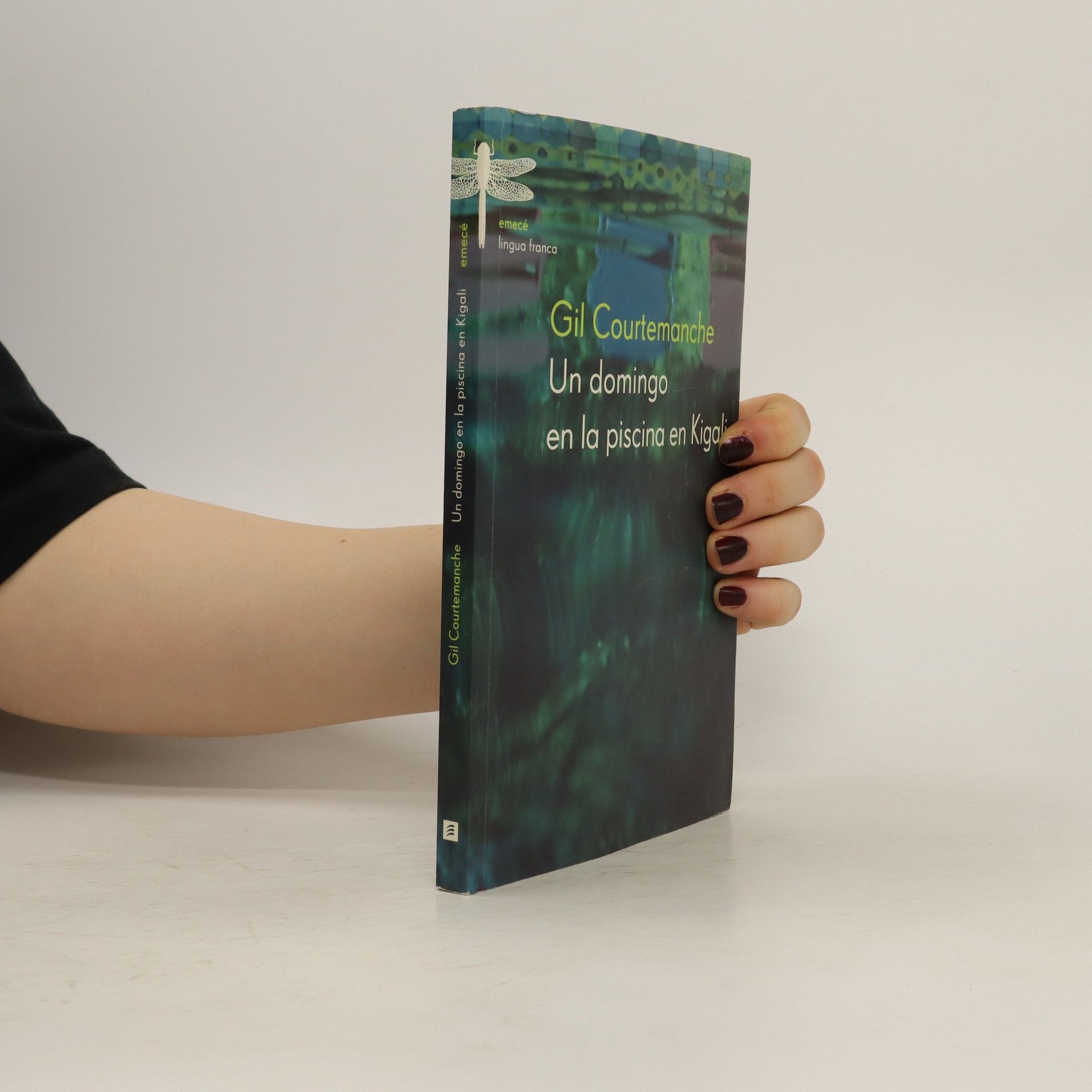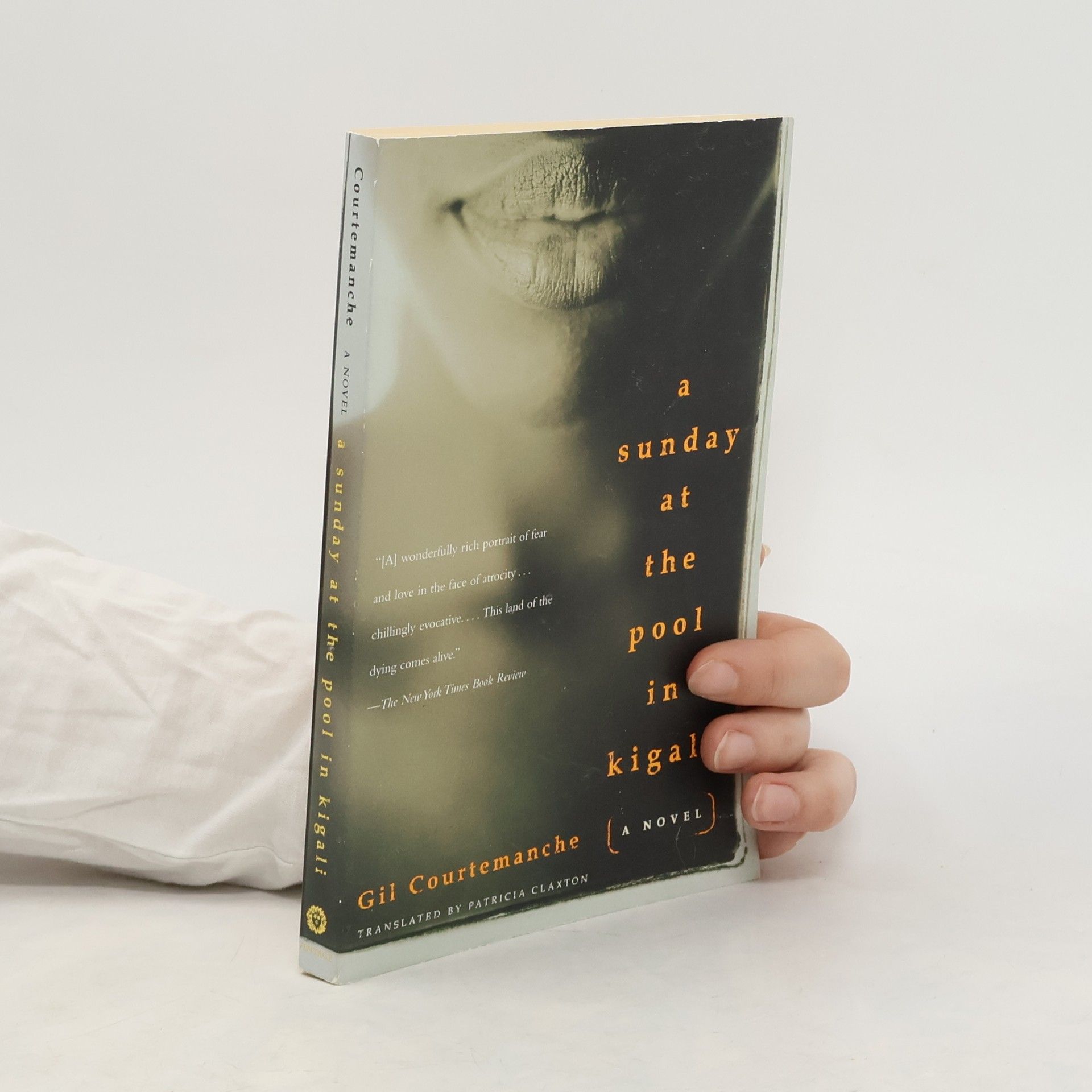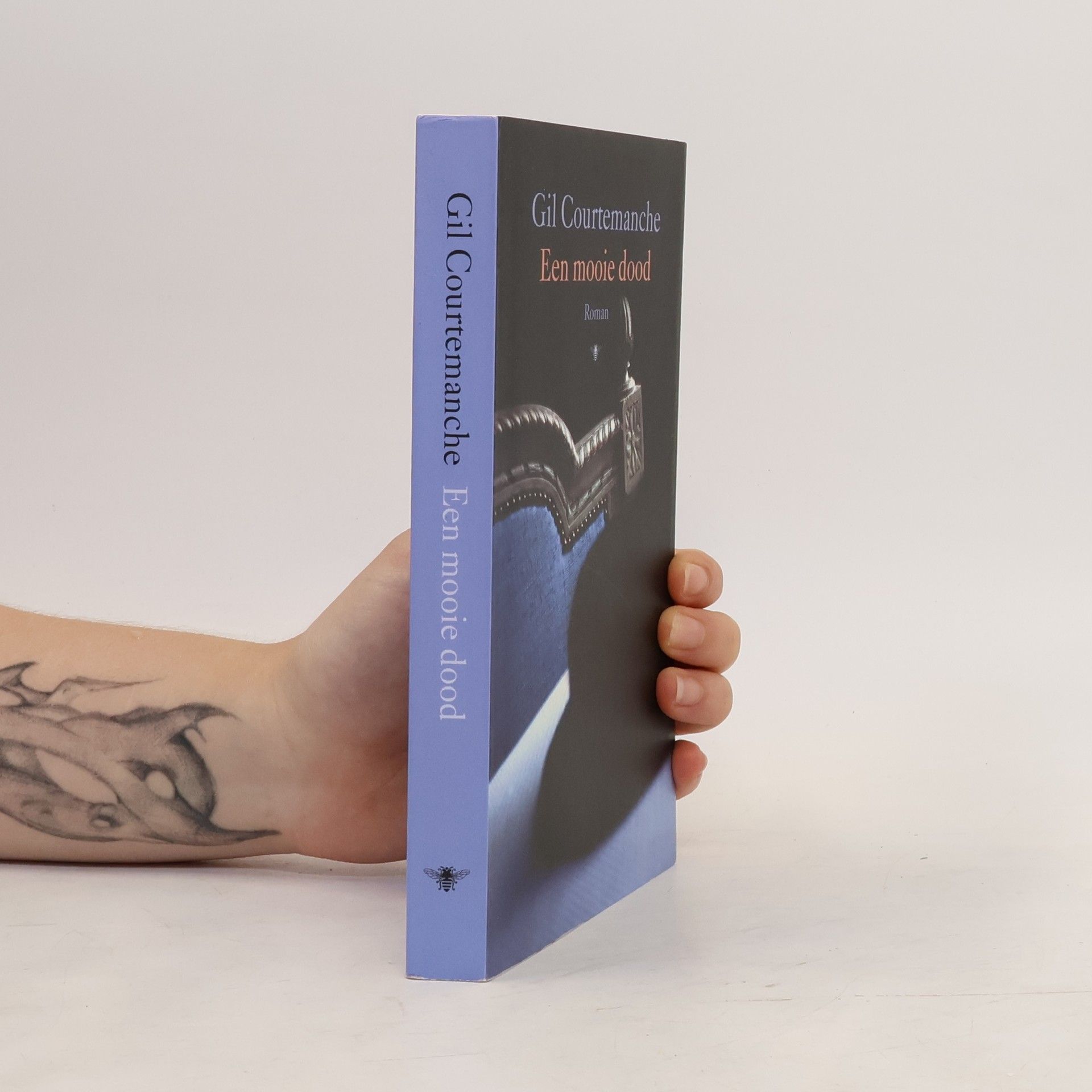Een Mooie Dood
- 223pages
- 8 heures de lecture
Tijdens een kerstdiner roept het decorumverlies van een terminaal zieke patriarch uiteenlopende reacties op.
Gil Courtemanche, journaliste fort d'une vaste expérience dans la radiodiffusion et la télévision, s'est fait connaître pour sa perspective incisive sur les affaires internationales. Ses œuvres se caractérisent par une immersion profonde dans des thèmes sociaux et politiques complexes, souvent issus de ses expériences directes. Le style de Courtemanche se distingue par sa capacité à distiller des problèmes mondiaux complexes en récits captivants. Sa contribution littéraire réside dans son engagement indéfectible à explorer la condition humaine au milieu des troubles mondiaux.



Tijdens een kerstdiner roept het decorumverlies van een terminaal zieke patriarch uiteenlopende reacties op.
Set against the backdrop of Rwanda's genocide, the narrative unfolds as a poignant love story that explores the depths of passion and human connection amidst chaos and violence. It captures the emotional struggles of its characters, revealing how love can emerge in the darkest of times while highlighting the stark realities of the historical context. The novel intertwines personal and collective trauma, offering a profound reflection on resilience and the power of love in the face of adversity.
Un periodista está enamorado de una bella camarera africana, y a través de ella, de todo el continente. Esta pasión nace en torno a la piscina de un hotel en Kigali, Ruanda, la cual constituye un microcosmos que retrata toda la variedad de personalidades (cooperantes, burgueses, expatriados y prostitutas) que forman la sociedad ruandesa durante una de las tragedias más brutales de los tiempos modernos.